Players of the Korea Republic women’s national team are asking for improved working conditions. Supported by the Korea Pro-Footballer’s Association (KPFA), they are inviting the Korea Football Association (KFA) to start discussions on how to solve some glaring issues.
In April, the KPFA’s Secretary General Hoonki Kim organised a meeting with national team players to discuss ideas to advance women’s football. The players unanimously voiced their concerns about their current treatment, which in their opinion is of a lower standard than the handling of the men’s national team or the men’s Olympic (U-23) team.
The players have the impression that the women’s team budget is insufficient, which is illustrated by their travel conditions. Kim said: "Despite being in the national team, the women are allocated regular tourist buses instead of the premium buses that are prioritised for the men's national team and Olympic team. Even when just the women's team is called up, they still travel with regular tourist buses instead of premium buses. This seems to be a serious form of discrimination."
Kim continued: "Additionally, the women's national team lacks dedicated training facilities. The men can use a quality pitch at a training centre, but usually the women are forced to take a spare training field, resulting in discomfort during travel between training grounds and accommodation."
Seo-yeon Shim, who has made over 90 appearances for her country and is also a director of the KPFA, said: "While the men's team accommodation is well-arranged and they stay in hotels close to their training ground, our team lacks a proper arrangement: there is often no clear schedule, and we have to stay in resorts far from the training ground or stadium. This further reinforces the feeling of discrimination among all women players."
Air travel is another issue. When the women’s team travels to away games, the players have to travel in economy class; only a couple of technical staff members and the team doctor are assigned business class seats. Next month, Korea Republic will be playing two friendly matches in USA, which requires an 18-hour flight.
Former Chelsea midfielder So-yun Ji, who currently plays at Seattle Reign and is a co-president of the KPFA, stated that this type of travel will have a negative impact on the players’ performance. "Many of our women’s players have insufficient rest time, with less than five days between matches," said Ji. Players in the Women’s K League often play twice a week. "Considering that player welfare is directly linked to quality of life, I believe that schedule adjustments and comfort should be provided."
Ji, who has played over 150 times for Korea Republic, referred to FIFPRO research that noticed significant increases in injuries among professional women footballers. Players who experienced a higher frequency of injuries, especially anterior cruciate ligament (ACL) injuries, had shorter recovery periods between games or from travel, and travelled longer distances and across more time zones than non-inured players. FIFPRO emphasised the importance of minimising travel distances and reducing fatigue during travel.
The players also mentioned other problems, including a lack of interpreters and equipment. All women players need to return their sponsored equipment and this leads to uncomfortable moments. Often the players are immediately released after a final match in the international window, which regularly forces them to change their gear for casual clothes at airport restrooms, which the players find frustrating.
Another frustration, according to goalkeeper Jung-Mi Kim, is that the call-ups and the matches are frequently arranged last minute, leading to matches being played at uncomfortable times such as 6 or 7 pm, and in difficult-to-reach stadiums. "The poor accessibility of venues for A matches and the match schedule also hinder interaction with fans, which is regrettable."
Secretary General Kim is taking from the experiences of other FIFPRO member unions, who have been trying to improve working conditions of their women footballers. Kim said: "Although women players in countries such as Japan and Australia initially faced many problems while appearing for their national teams, ongoing communication between their player associations and federations has led to significant improvements in their working conditions.
"As we in Korea are just beginning to address these issues, the KPFA will work diligently to resolve them. We have sent an official letter to the Korea Football Association to address these issues and invited them to jointly advance women’s football in our country."
- High Court in Malaysia sent club owner to jail for not paying outstanding salaries to players
- The Professional Footballers Association of Malaysia (PFAM) expects this precedent will help prevent non-payment
- "If the owner doesn’t pay, he will remain behind bars," says Malaysian player union CEO Izham Ismail
"Those who believe in good governance will be delighted," said Izham Ismail, the Chief Executive Officer of the Professional Footballers Association of Malaysia, after the Kuala Lumpur High Court ruled that an owner of two clubs will be imprisoned until he has cancelled all outstanding debts he has with players.
More than 30 players of Kuantan FA and Marcerra United FC had salary claims for the 2018 season amounting to more than six million Ringgit (approximately 1,250,000 USD). They filed their lawsuit in January 2022.
In January this year, two years after the owner was first told to settle his outstanding debts and after admitting he was liable, the High Court handed down a suspended jail sentence of seven days to give the owner time to cancel the outstanding wages. However, when the deadline expired, the owner still had not fulfilled his duties, forcing the players to ask the High Court to carry out the jail sentence.
"This is not ideal, but it is necessary," said Ismail. "Unfortunately, this case shows that football’s legal system does not force people to fulfil their obligations. The owner of these clubs apparently does not care about football decisions.
"When club leaders do not want to pay, there is no way that this can be arranged within the football industry. That’s why we decided to invoke the High Court, as it was the only way to get the players what they are due. We assume that the High Court’s decision will force the owner to take action. And otherwise, he will remain behind bars until justice is done."
Ismail expects that the High Court’s decision will change the behaviour of other club owners. "As a club owner you have a huge responsibility. And we will hold everyone who is failing the players and not taking dispute resolution seriously accountable. We don’t take the issue of non-payment lightly." To Ismail, the case underscores the need for a fairer and more just accountability in Malaysian football.
The Malaysian player union worked closely together with a law firm that supported the legal action in the High Court. According to these lawyers, the players could take other initiatives to get the money they are owed, for example by declaring the owner bankrupt or by confiscating his property.
- The deal with the country’s football association grants Slovenian women’s national team players working conditions and pay equal to those of the men’s national team
- It concluded an almost four-year push by the players and their union to get the deal arranged
- “We are confident that levelling the playing field for the national team will positively benefit the development of this team and the ones that follow,” said co-captain Lara Prasnikar
The players of the Slovenian women’s national team agreed to a deal the Football Association of Slovenia (NZS) which grants them working conditions and pay equal to those of the men’s national team.
Last Friday, Slovenian player union SPINS announced the agreement during a press conference. It concluded an almost four-year push by the players and their union to get the deal arranged.
In July this year, the women’s struggle culminated in a letter they wrote to NZS leadership in which they addressed the significant differences in treatment of the men’s and women’s national teams that had a negative effect on their performance.
The women had to deal with poor conditions and facilities for both training and matches, inappropriate travel conditions, bad preparation, unregulated catering and, above all, the unprofessional behaviour of the national team coach and his staff, who they accused of bullying, sexism, and racism among other things.
Most issues have been addressed by the NZS, which replaced the technical staff and finalised the agreement with the women’s national team that meets the players’ needs.
"We are confident that levelling the playing field for the national team will positively benefit the development of this team and the ones that will follow. Equal treatment of women and men should be a given in today's society," said Lara Prasnikar, co-captain of the national team.
Co-captain Mateja Zver added: "By signing the new agreement, we have set an example for the countries that will follow us. We can all be proud of that."
SPINS President Dejan Stefanovic, who is also a FIFPRO global board member, said: "The letter that the players sent illustrated the unanimity between all of our country’s women footballers. Even before this letter was sent, all women players – national team players and all others – had agreed that in case of a strike action, none of them would accept a call-up to appear for the national team. This was part of a strategy suggested by our colleagues of the Israeli union, especially their chair Karen Sendel."
According to Stefanovic, another crucial step was to involve the Advocate of Principle of Equality. "Things started moving very quickly after the Advocate of Principle of Equality began its investigation into discriminatory treatment of the women’s national team. I am sure that the football association is very worried about a possible verdict and that will have helped with getting this deal done."
Stefanovic advises other player unions looking for equality for their women’s players to take a similar approach. He said: "They should make use of the possibilities in their country by identifying organisations or institutions that can help them, whether that is an Advocate of Principle of Equality as in our case, or for example an Ombudsman for Equality as the Finnish player union (JPY) did a couple of years ago.
"Having achieved this important milestone, the first FIFPRO member in Central and Eastern Europe to do so, we are also aware that there is still is a long way to go before women’s players in Slovenia enjoy the same level playing field as the men’s players. But we will continue working closely with the players to arrange that their treatment is improved and follows global trends."
Gianni Infantino has said that the FIFA Women's World Cup 2023™ has transformed the face of women's football and appealed to governments, member associations, broadcasters and media to help keep the momentum going towards equality once the tournament ends on Sunday.
Speaking at the opening of the Second FIFA Women's Football Convention in Sydney, the FIFA President thanked Australia and Aotearoa New Zealand for co-hosting "simply the best and greatest and biggest FIFA Women's World Cup ever".
"This FIFA Women's World Cup has been truly transformational, not only in Australia and New Zealand but all over the world," he said. "In the host countries, we had almost two million spectators in the stadiums -- full houses everywhere -- and two billion watching all over the world --- and not just watching their own country but watching the World Cup, because it’s an event [where] I don’t just watch my team . It's great sport, it's entertaining and people love it."
"We have to thank and congratulate Australia and New Zealand because without them this would not have been as magical."
Australia’s Minister for Sport Anika Wells echoed the FIFA President’s comment. “While this is almost the end for this [FIFA] Women’s World Cup, it is only the start of a new era for sport in Australia. The sleeping giant has awoken,” she said. “In Australia, this FIFA Women’s World Cup has not just changed women’s football; it has changed women’s sport. Australia is now a football country.
“I want to thank FIFA for what you have done to accelerate the pursuit of gender equality in our country.”
The FIFA President said there was still much to do and urged FIFA’s partners to contribute. "We need everyone. We need the UN agencies, who have been very helpful to us in this World Cup, participating with us. We need the governments, we need the institutions, to create dedicated spaces for women, and for women’s sport and women’s football in particular, of course. We need the partners, the sponsors to pay a fair price. We need the media,” Mr Infantino said.
He asked broadcasters “to pay a fair price for women's football, not just for the (FIFA Women’s) World Cup, but for women's football in general, in all the countries, all the leagues, in all the competitions”.
The FIFA President urged FIFA's member associations to ensure that they organise women’s leagues, pointing out that some of the players who had starred at the tournament would not have any competitive football to go home to.
"(Female players) cannot all go to play in a few clubs in Europe or the USA. We need in the next four years to create the conditions for them to be able to play at professional level at home and this is the biggest challenge we have to take on board," he said.
Mr Infantino added that the tournament's success had supported the decision to enlarge the tournament from 24 to 32 teams. "FIFA was right," he said. "By increasing number of teams, we had eight debutants, we had many countries who suddenly realised they had a chance to participate. Now, everyone has a chance to shine on the global stage."
The tournament had showed that standards were rising while the tournament had generated USD 570 million, allowing it to break even, he said.
In concluding, the FIFA President also appealed to the assembled audience to act at all levels: "We have to start treating women and men in the same way. I say to all the women that you have the power to change. With FIFA, you will find open doors, just push the doors, they are open. And do it at national level in every country, at continental level in every confederation, just keep pushing, keep the momentum going, keep dreaming and let’s really go for a full equality."
Published Friday, 11 February 2022.
Published Wednesday, 02 February 2022.
Published Wednesday, 26 January 2022.
Published Tuesday, 28 December 2021.
Published Tuesday, 28 December 2021.
Published Thursday, 23 December 2021.
Published Wednesday, 22 December 2021.
Published Wednesday, 22 December 2021.
Published Wednesday, 22 December 2021.
Published Thursday, 09 December 2021.
Published Thursday, 02 December 2021.
Published Thursday, 25 November 2021.
- Cameroon player union SYNAFOC launched a campaign to urge clubs to pay salaries on time
- Only seven of the 19 top-tier teams are up to date with their payments
- Union’s president Geremie Njitap says Cameroon football can seriously advance if all parties collaborate to solve issue
Cameroon player union SYNAFOC has launched a campaign to urge clubs to respect player contracts and pay salaries in a timely manner. The union introduced a monthly tool, the barometer, that indicates which clubs are up to date with their payments.
“We need to put some pressure on the Cameroonian Football Federation (Fecafoot) and the clubs, as they should help arrange that all clubs run their business professionally,” said SYNAFOC President Geremie Njitap.
“Unfortunately, we have been receiving more complaints from players about non-payment issues: they get neither their salaries nor their bonuses. This season the situation is much worse than in previous years, as the number of complaints have increased dramatically.”
Earlier this month, SYNAFOC introduced their barometer, which indicates the payment status at all clubs in the men’s top two divisions and the women’s top league.
This overview showed that only seven out of 19 MTN Elite One clubs have paid all salaries since the season kicked off in October 2023 (five months), and that seven clubs are at least four months behind with their payments. In MTN Elite Two, the situation is even worse: only two of the 16 clubs are complying with their duties, while seven have not paid their players for all five months.
Geremie and other SYNAFOC representatives have visited several clubs lately to offer players their support and to discuss the situation with the clubs’ leadership figures.
“When they try to explain their problems, clubs often say they don’t have the money, but mostly they are to blame for that,” said Geremie.
Clubs receive a significant part of their budgets from Fecafoot or the government. The FA has introduced a system that checks how clubs spend their funding, but most clubs still fail to comply with it. For example, clubs need to show evidence such as a bank payment statement to prove that players are getting paid. If they fail to prove that they have spent the first instalment of the FA’s fund properly, then clubs will not get the second instalment.
According to Geremie, a number of clubs are having serious issues with this procedure and then don’t receive all their money from the FA. “They will then use this as an excuse to not pay the players. However, the reality is that most of our clubs have to make crucial steps towards professionalisation – some don’t even have a bank account or a secretariat.”
SYNAFOC has turned to the FA with proposals that could improve the current situation, including how the federation could create a special way to allocate the money from the fund that they have blocked from the clubs directly to the players when clubs do not meet the criteria.
“Currently, the players are the ones suffering from the penalties imposed on the clubs. It is a vicious circle: their clubs don’t pay their salaries and therefore the clubs don’t receive extra money from the FA, which means that players will once again not get paid,” Geremie said.
Geremie is urging the leaders of clubs that are respecting player contracts to help raise the level of professionalism of the other teams in the country. “If we, the players, the clubs and Fecafoot get together and collaborate, then we can seriously advance football in Cameroon.”
The Major League Baseball Players Association (MLBPA), Major League Soccer Players Association (MLSPA), National Basketball Players Association (NBPA), National Football League Players Association (NFLPA), and National Hockey League Players Association (NHLPA) (“Players Associations”) represent the players in the five major professional sports in the United States. We write today to express our thoughts and concerns about legislation the Committee is considering which would affect the rights of college athletes, many of whom will someday be members of our Associations.
Each Association is governed by an Executive Board of Player Representatives who are elected directly by their fellow players. Collectively, we have over 200 years of experience serving the interests of our athlete members. Our sole focus is establishing, enforcing, and advancing the rights and benefits of athletes, thousands of whom are no older than the college athletes whose rights are being discussed at this week’s Subcommittee hearing.
Since the early days of the Players Associations, our work on behalf of athletes has expanded and diversified exponentially. While our core function remains to negotiate and enforce the collective bargaining agreements which set terms and conditions of employment such as wages, hours, and working conditions, for years we have also represented our athlete members at the forefront of issues that relate directly to the legislation currently under consideration by the Subcommittee on Innovation, Data, and Commerce. These issues include:
-
Player Name, Image, and Likeness (“NIL”)
-
Rights of publicity
-
Individual & group licensing agreements
-
Athlete corporate sponsorships
-
Collection, protection & monetization of athletes’ performance data
-
TV broadcasting
-
Enhanced access TV programming
-
Monetization of social media
-
Sports betting
-
Regulation of player agents & agencies
The issues now before the Subcommittee are intimately familiar to the Players Associations. We have decades of experience in protecting athletes’ rights in NIL-related matters, and we write to express significant concerns with the “discussion draft” of the FAIR College Sports Act that was recently released.
Any federal intervention aimed at “Protecting Athletes’ Dealmaking Rights” must actually place athletes’ interests first.
It is imperative that any legislation advanced by the Subcommittee act to protect and advance athletes’ rights. There are several ways that federal NIL legislation can be tailored to achieve such ends:
-
Keep It Simple: Any legislation should simply prohibit the NCAA and other related entities from denying athletes the right to profit from their NIL, consistent with existing laws, as a condition of their athletic participation.
-
Prohibit Lifetime Contracts: Any legislation should ensure NIL contracts signed during an athlete’s college eligibility do not interfere with the athlete’s NIL rights and freedom to contract after their college eligibility has expired.
-
Create Additional Safeguards from Predatory Contracts: Any legislation should establish safeguards against predatory NIL contracts and specifically prohibit contracts that entitle third parties to receive a percentage of a college athlete’s future earnings (in college or beyond).
-
Protect International Athletes: Any legislation should establish that international college athletes receive the same protections and can utilize their NIL rights in the same manner as their teammates.
Reinforce, and Do Not Eliminate, Existing Protections: Any legislation that seeks to standardize NIL rules should include the strongest possible protections against unauthorized commercial use of NIL, and any federal right of publicity should act as a baseline standard that state law is permitted to exceed. As explained in more detail below, NIL legislation purporting to protect athletes should not be used as a trojan horse to nullify athletes’ legal rights or status.
Legislation that is meant to protect college athletes should under no circumstances eliminate or diminish their rights under contract, tort, antitrust, and/or labor laws.
The Players Associations have a strong interest in protecting all athletes against illegal exploitation by third parties. Our interest applies not just to the college athletes who will one day become our members, but to all collegiate athletes and indeed to athletes of all ages. For this reason, we continue to closely monitor the college NIL bills which are or will be under consideration in both the House and Senate, including the FAIR College Sports Act. The Players Associations are deeply concerned that what was once a narrowly tailored legislative draft has recently morphed into a wide-ranging permission slip for the NCAA to continue exploiting the very individuals that the FAIR College Sports Act is meant to protect.
For months, the drafts of the FAIR College Sports Act have been silent on the NCAA’s well- publicized campaign to secure legislative immunity from antitrust laws, labor laws, and other state and federal worker protections. Recently, however, provisions have been added that would appear to, in the stroke of a pen, nullify thousands of athletes’ rights under important and long-standing federal and state antitrust laws, tortious interference laws, and laws prohibiting unfair competition. (1)
Equally concerning, the updated bill also prevents college athletes from being considered employees of a school, a conference, or the NCAA, thereby stripping them of a wide range of rights and benefits that arise under federal and state laws that protect workers. For the reasons explained below, the Players Associations unequivocally oppose the NCAA immunity and employee-status prohibition recently added in Sections 201 and 301 of the draft of the FAIR College Sports Act.
While no one could credibly dispute that the NCAA finds itself enmeshed in multiple high- stakes lawsuits, these and past lawsuits illustrate that it is athletes, not the NCAA, who have been improperly exploited. And it is the NCAA, not athletes, or Congress for that matter, who bears the responsibility to effect change going forward.
This is apparent from a multitude of court decisions that have attacked the NCAA’s policies and practices. Consider Supreme Court Justice Kavanaugh’s recent observation (in his concurring opinion in NCAA v. Alston) that “the NCAA’s business model would be flatly illegal in almost any other industry in America.”(2) It is also apparent from the words and deeds of important NCAA stakeholders. Look no further than University of Michigan Head Football Coach Jim Harbaugh, a recent national championship coach and former college athlete himself, who recently remarked of the NCAA’s restrictions on athlete compensation: “the thing I would change about college football is, to let the talent share in the ever-increasing revenues...we’re all robbing the same train.”(3) To the extent that the FAIR College Sports Act’s newly inserted liability carve-out might in any way enable the NCAA or other entities to “continue robbing the same train,” that provision should be removed in its entirety.
So too should the Subcommittee excise any bill language that prevents college athletes from being deemed employees or that otherwise blocks their right to organize and collectively bargain.
-
First, despite the NCAA’s self-serving protests to the contrary, the nature scope, and economic value of the work performed by college athletes fits the definition of an employee under relevant federal and state laws. (4)
-
Second, even if one accepts for argument’s sake that collegiate athletics will implode without some form of antitrust immunity or limitation of liability, treating college athletes as employees with the right to unionize and collectively bargain is actually the most direct, fairest, legally recognized, and repeatedly proven way to accomplish this goal. Many, if not all, of the unilaterally implemented policies that have put the NCAA in its billion-dollar bind would be legal if they were instead negotiated via good faith collective bargaining with a Players Association, consistent with existing law. (5)
-
Finally, and perhaps most importantly, Congress should not only reject all efforts to preemptively strip college athletes of employee status, it should proactively take up recently introduced legislation that moves in the opposite direction by codifying college athletes’ right to organize and collectively bargain. (6) As even university officials and others associated with the NCAA are beginning to recognize, collective bargaining is the best way to offer the athletes a true seat at the table. (7) Moreover, collective bargaining can also ensure that players’ voices are heard on critical non- economic issues such as: health and safety, work hours, travel, diagnosis and treatment of work-related injuries, assessment of concussions and return to play protocols, health benefits, mental health resources, post-playing medical benefits, anti-bullying and hazing policies, and sports betting policies (to name just a few).
In sum, we implore the Subcommittee to focus on protecting college athletes’ dealmaking rights, as the title of today’s hearing suggests. Any bill it advances should do so with no strings attached. Enactment of even the most player-friendly NIL regulations imaginable will represent an entirely pyrrhic victory if lawmakers simultaneously nullify athletes’ rights under antitrust laws, labor laws, or any other federal or state laws that protect other adults in the American workforce.
The National Football League will celebrate players' and coaching staff's cultural origins this season with its NFL Heritage program, with all 32 teams represented.
Across weeks 7 and 8 of the 2023 season, over 330 players and coaches will return to the field wearing international flag decals - with players adding flags to their helmets and coaches wearing patches on jackets - to represent the ever-growing pool of various nationalities and cultures that make up the League.
Fans will see 70+ nations and territories represented by athletes including Tua Tagovailoa, Fred Warner, Amon-Ra St. Brown, Puka Nacua, Chris Olave, DJ Moore, Jimmy Garoppolo, Aaron Jones, Efe Obada and Jordan Mailata, among others, as well as coaching staff across 17 clubs including Bill Belichick, Arthur Smith, Ron Rivera, Brian Daboll and more.
“As we continue to prioritize the NFL's growth globally, we're proud to have our players and coaches honor their backgrounds through the NFL Heritage Program," said Peter O'Reilly, Executive Vice President Club Business, International and Events at the NFL. “This initiative allows us to celebrate the heritage, families and cultures that make up the fabric of the League, and truly showcases the growing global reach and impact of the sport of football and the NFL."
Participants can choose to wear the flag of an international country or territory where relatives have been born or where they've lived for over two years. Players will wear these flag decals alongside the American flag, and are able to represent their backgrounds throughout the remainder of the season.
“My grandmother was born and raised in Samoa, and recently left us in 2021," said Puka Nacua, Los Angeles Rams Wide Receiver, who will display the Samoan flag on his helmet. “To be able to represent our family's heritage and feel like she is here with me on the field is the most incredible thing. I'm proud to play for all of our Samoan fans out there and can hopefully inspire future generations of Samoan athletes."
“I'm very proud of my background and am happy to honor my heritage by representing both Puerto Rico and Mexico through the NFL Heritage program," commented Ron Rivera, Head Coach of the Washington Commanders. “What a fantastic way to show the love of the game across the world."
Published Wednesday, 16 February 2022.
Published Wednesday, 09 February 2022.
Published Wednesday, 02 February 2022.
Published Friday, 07 January 2022.
Published Tuesday, 28 December 2021.
Published Tuesday, 28 December 2021.
Published Thursday, 23 December 2021.
Published Wednesday, 22 December 2021.
Published Wednesday, 22 December 2021.
Published Wednesday, 22 December 2021.
Published Friday, 03 December 2021.
UEFA has taken another important step to protect players’ health and safety by launching a concussion charter for teams taking part in the European men’s and women’s club and national team competitions.
UK Sport has for the first time introduced pregnancy guidance for Olympic and Paralympic athletes and sport governing bodies.
The guidance includes advice for both pregnancy and continues once the athlete has given birth. UK Sport said “starting a family and being an elite athlete should not be mutually exclusive.” Five-time Olympic archer Naomi Folkard who gave birth in early 2021 before competing at this years Tokyo Olympics said “Female athletes should no longer have to make a choice between their athletic career and having children. I hope in a short time it will encourage sports science to not only begin to cover women and men equally, but also have pregnancy specific research projects for female athletes.”
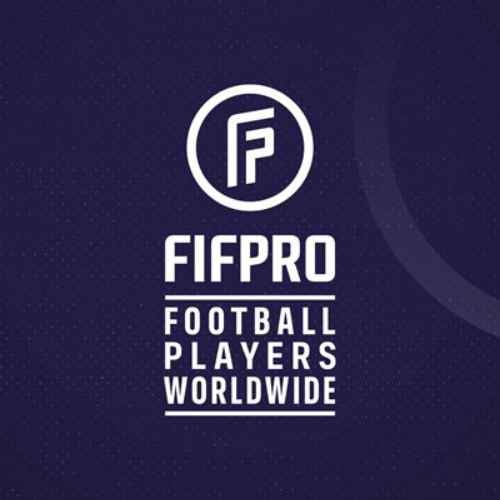

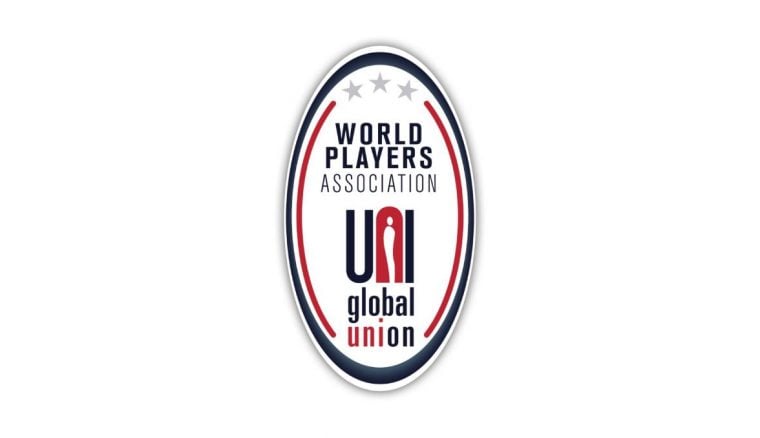


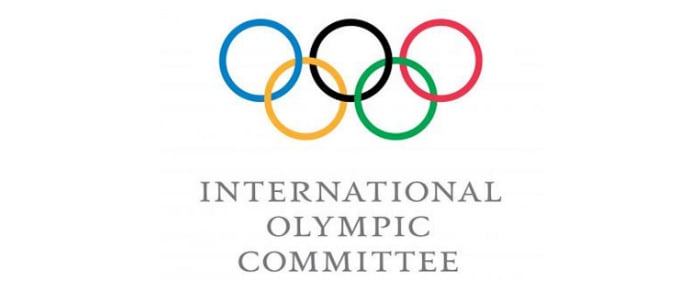
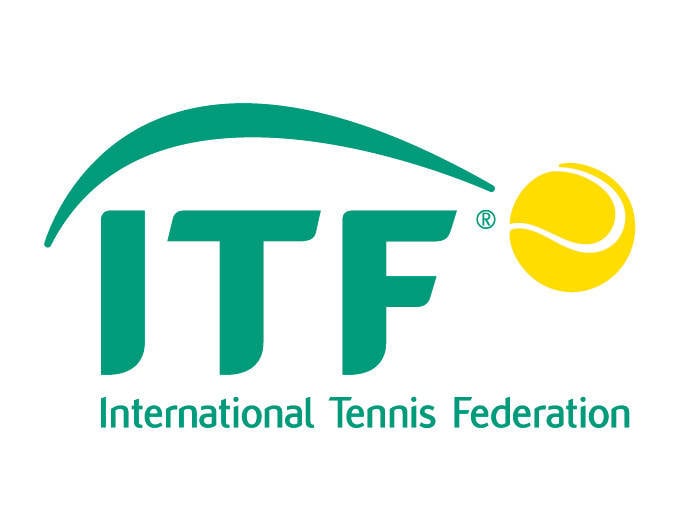

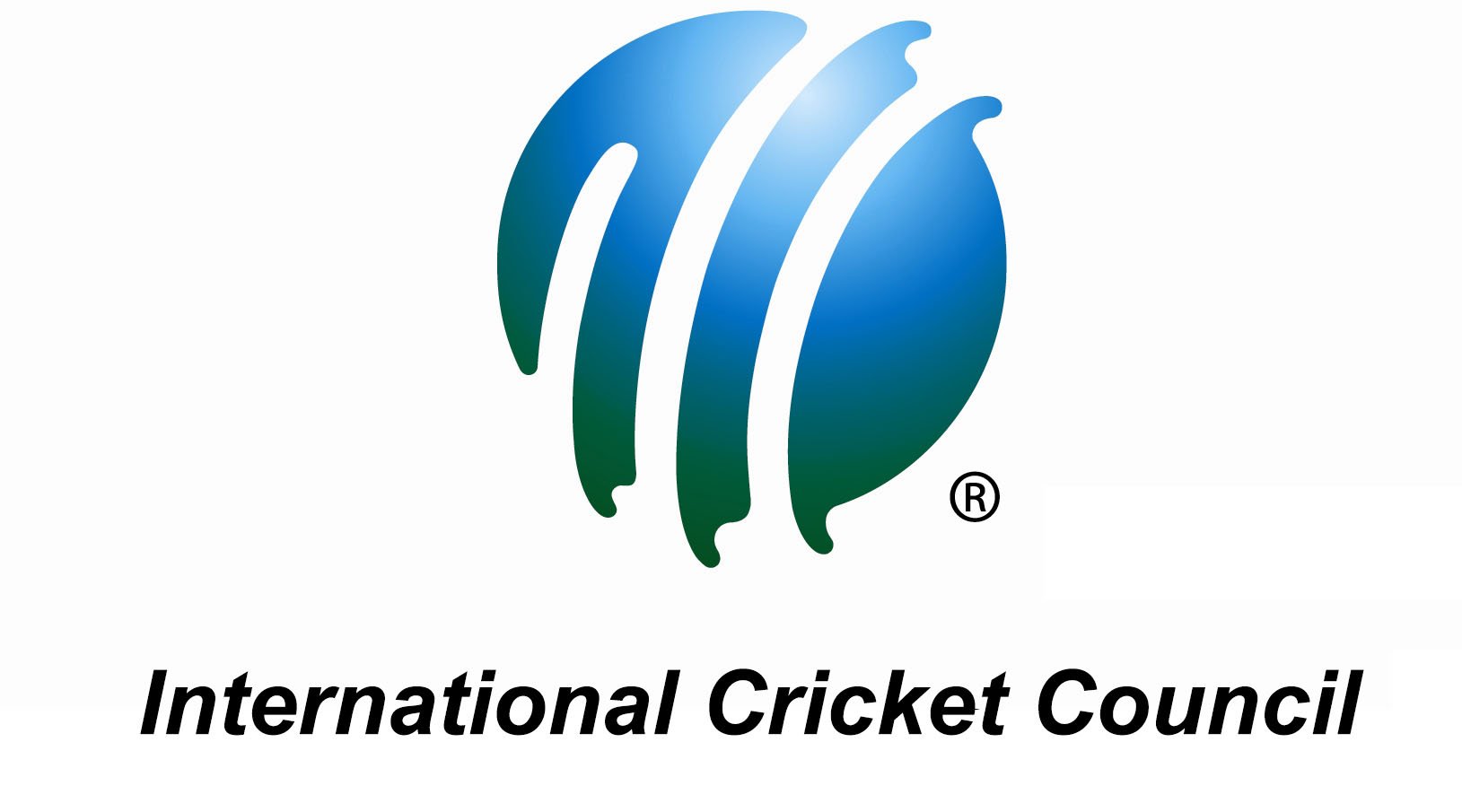
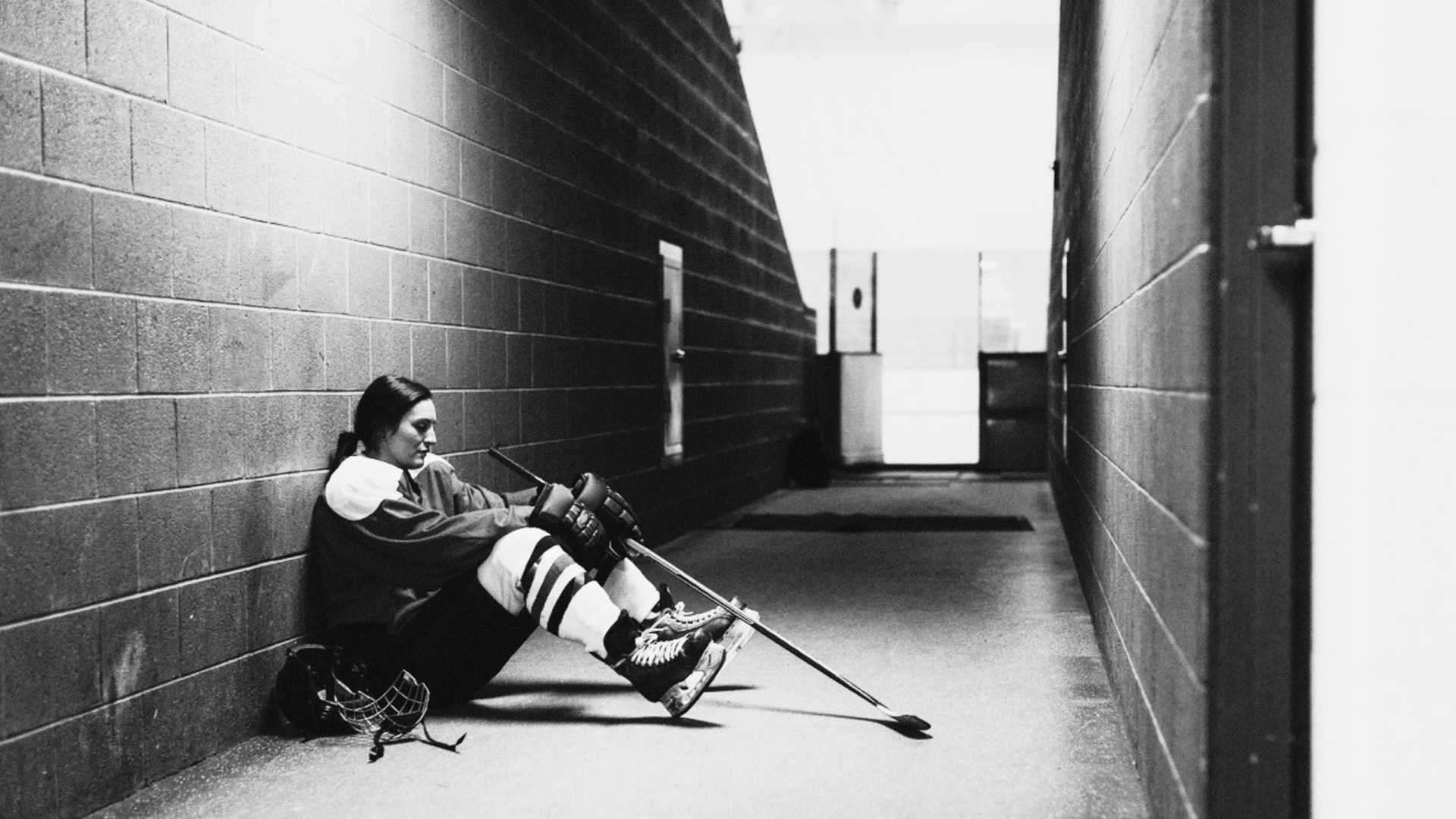
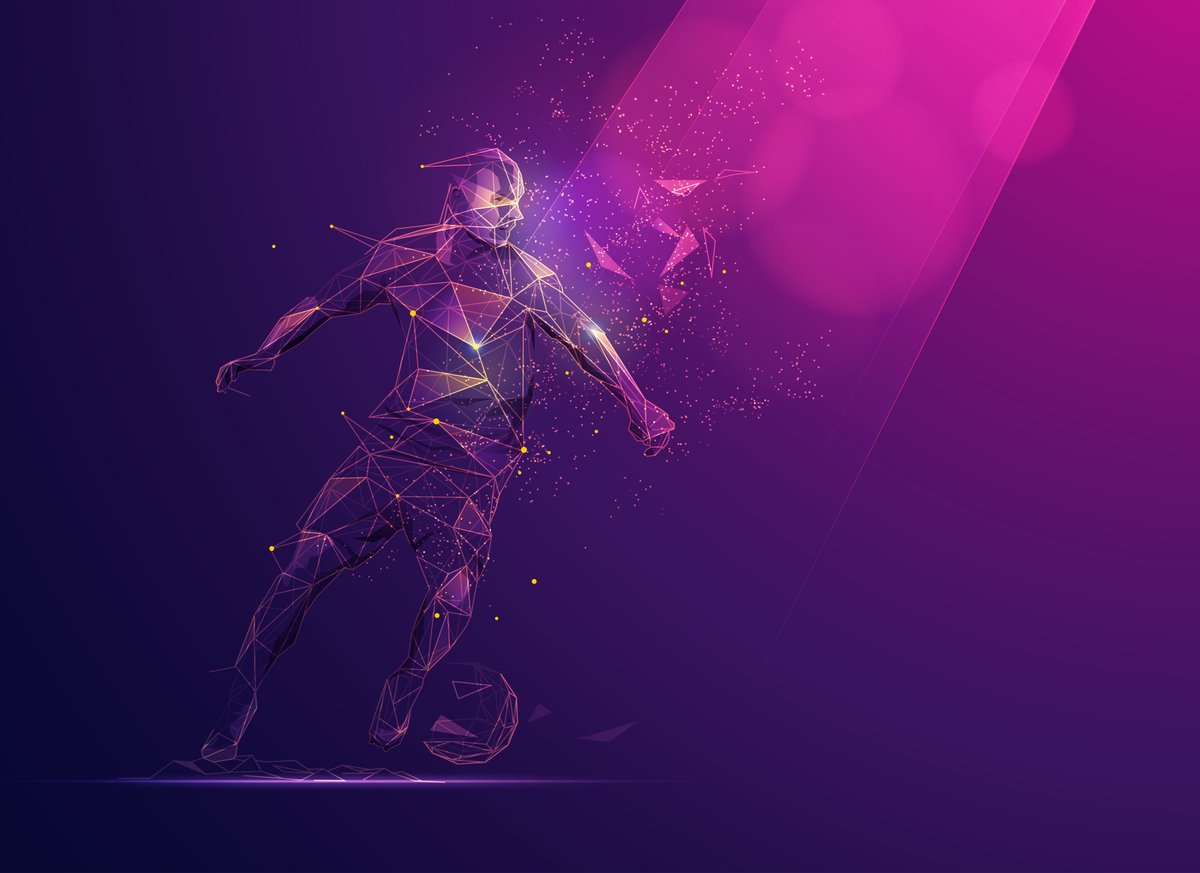

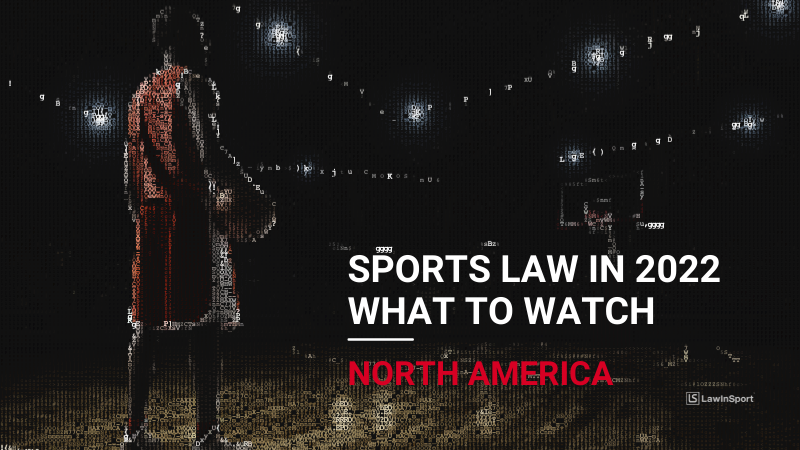
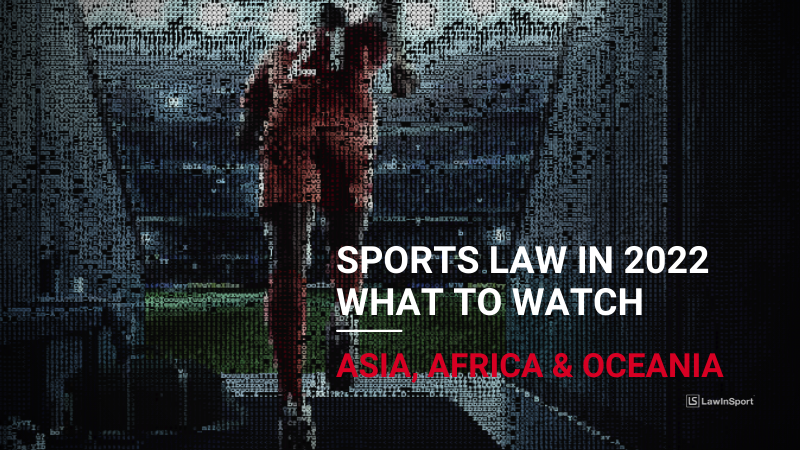


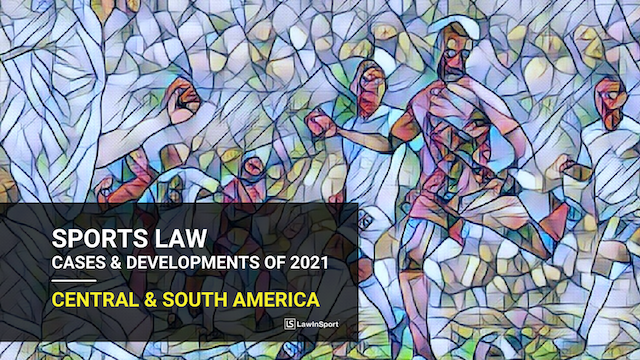
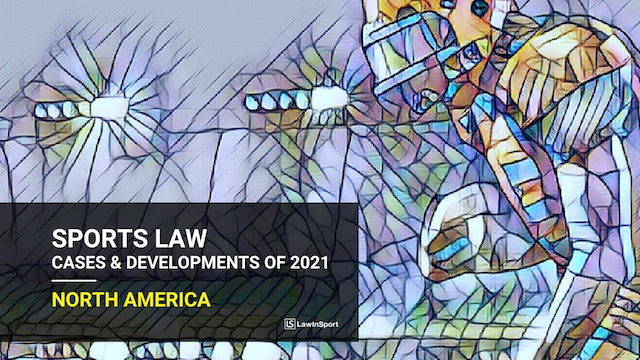
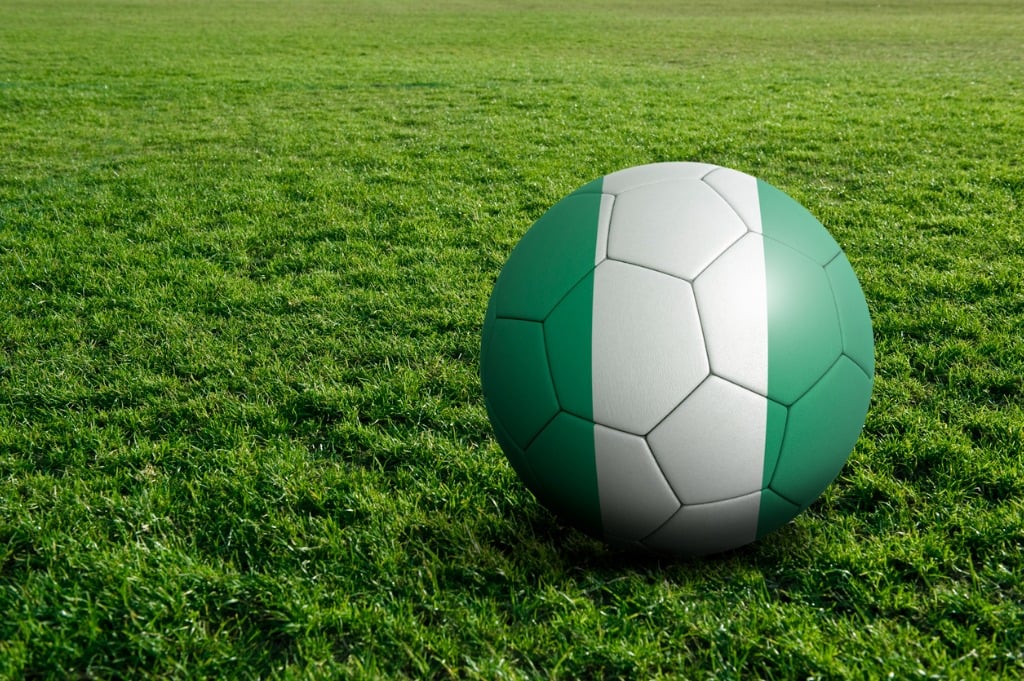

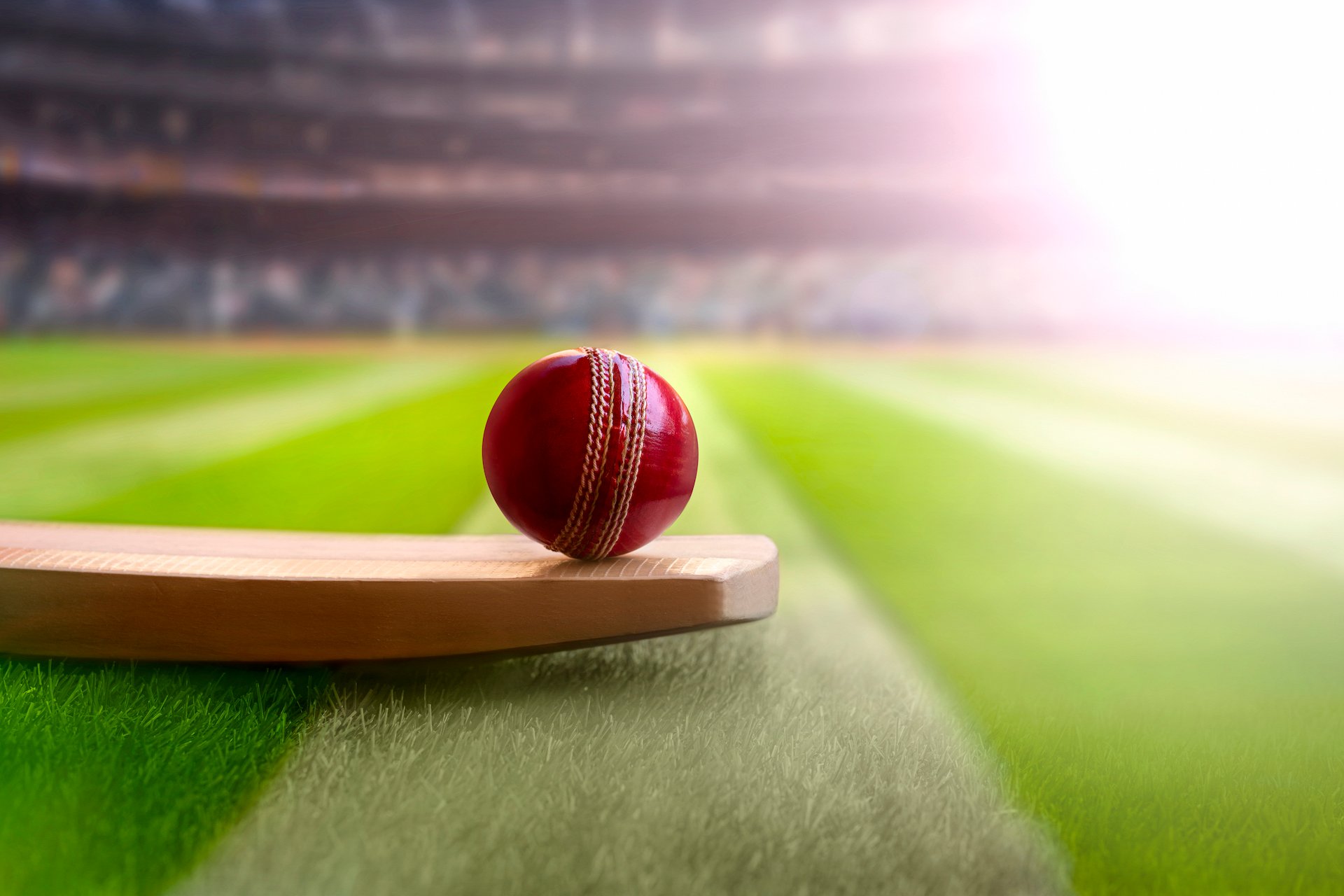
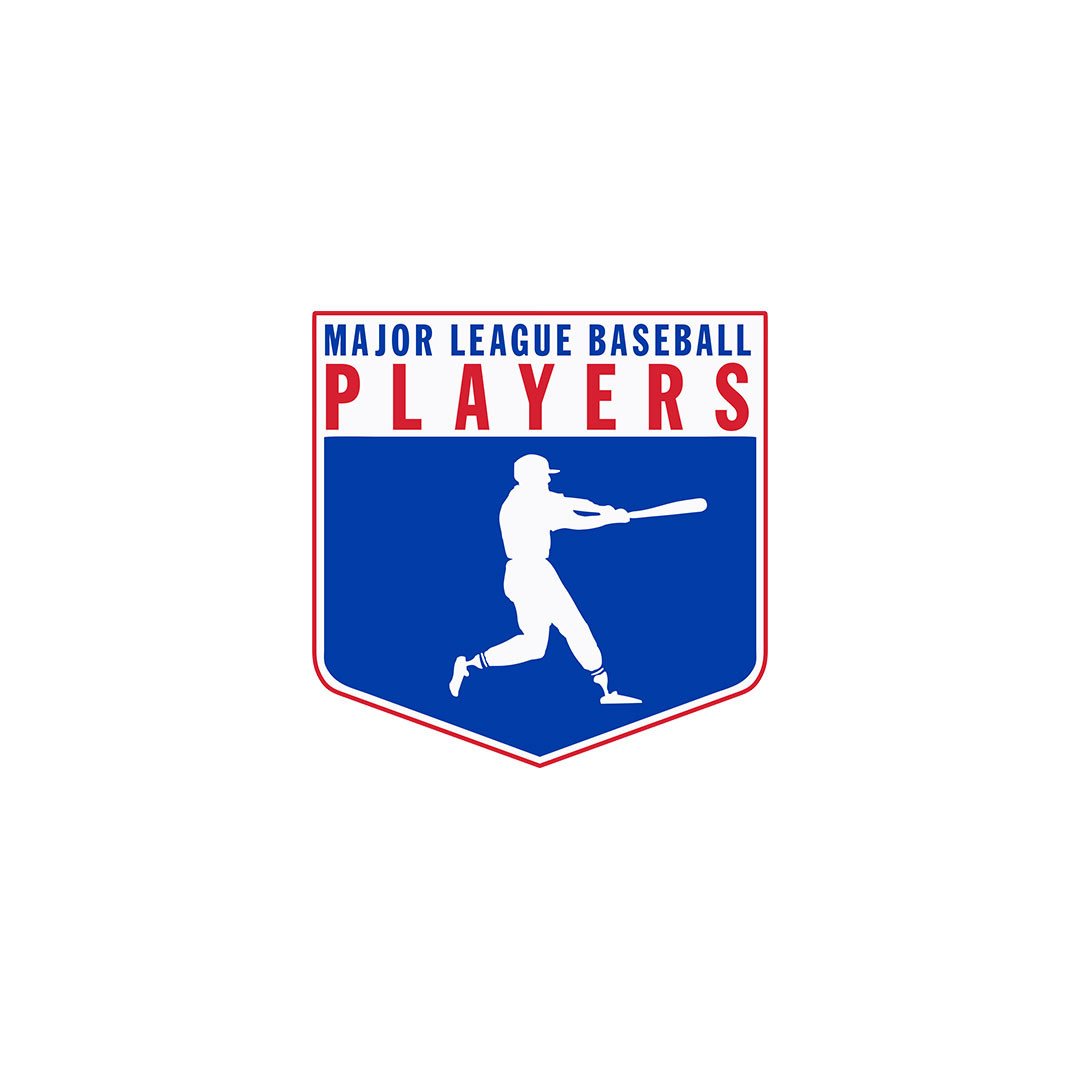
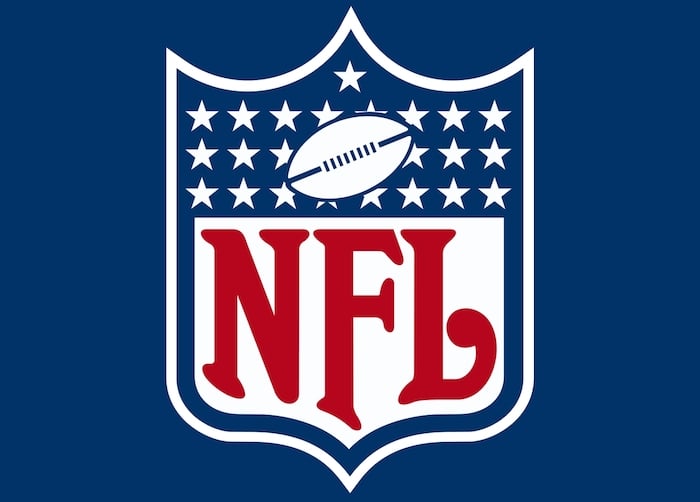
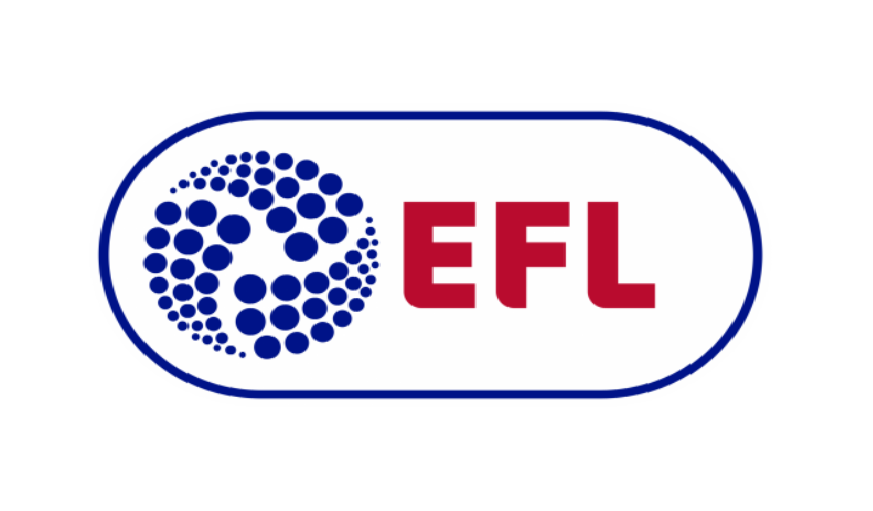
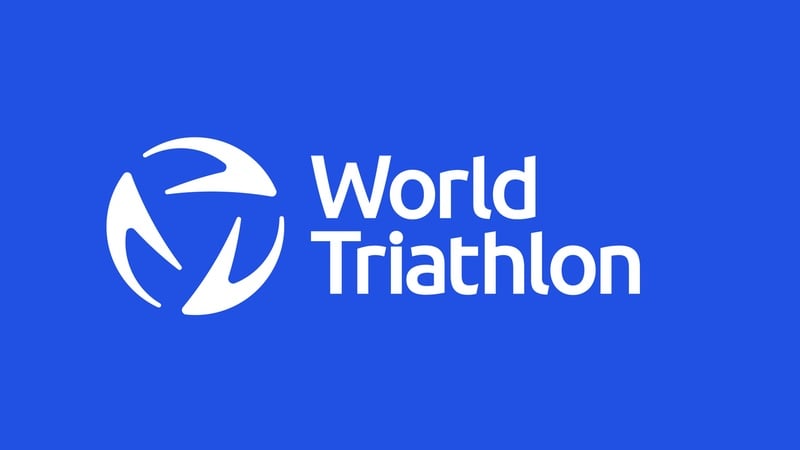
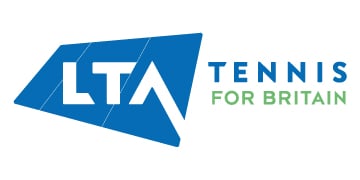
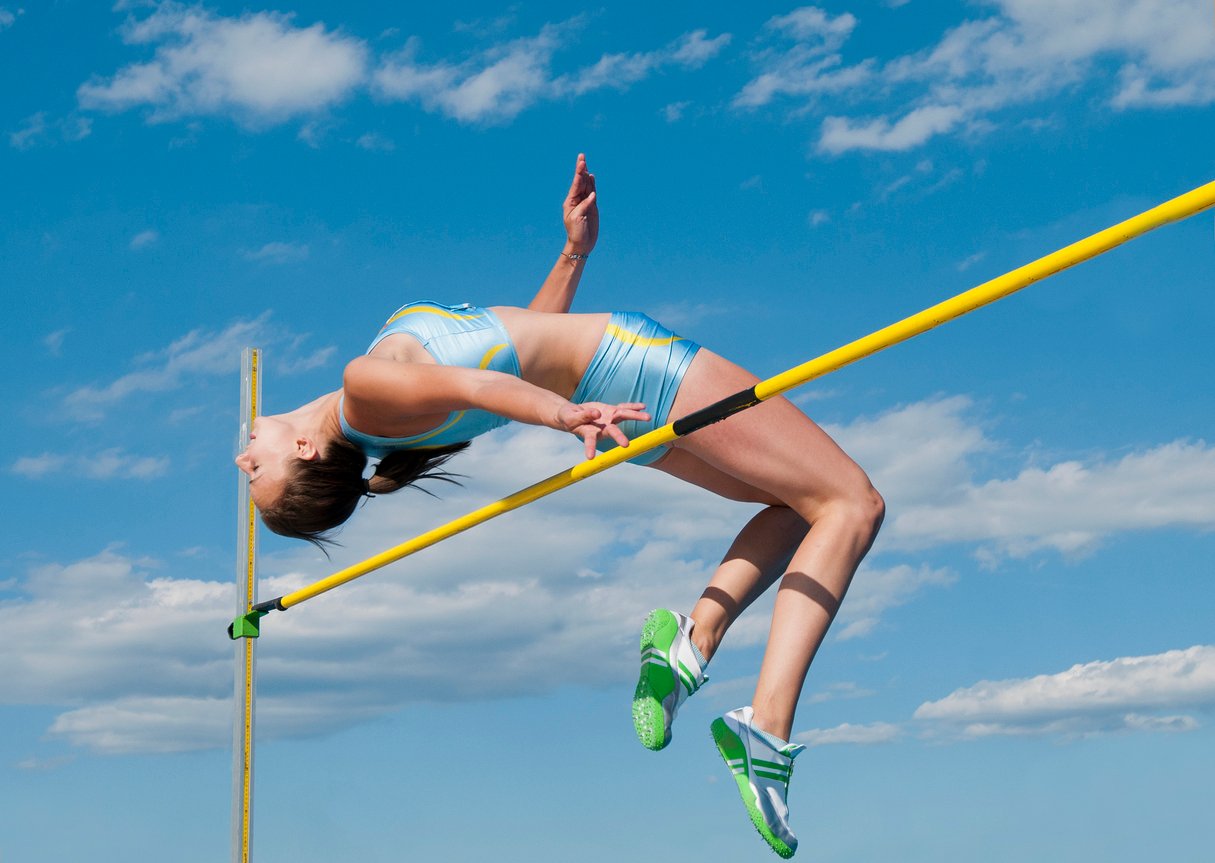

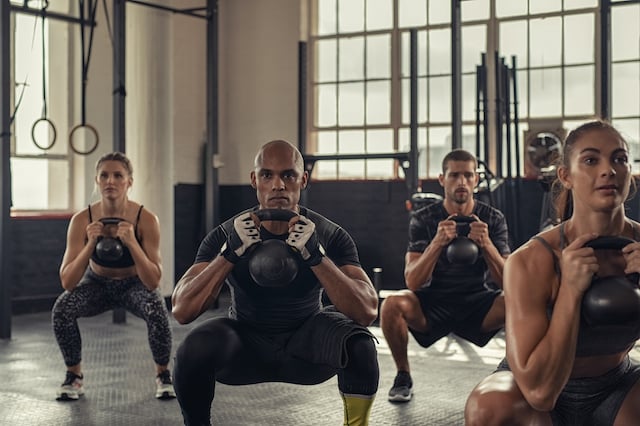
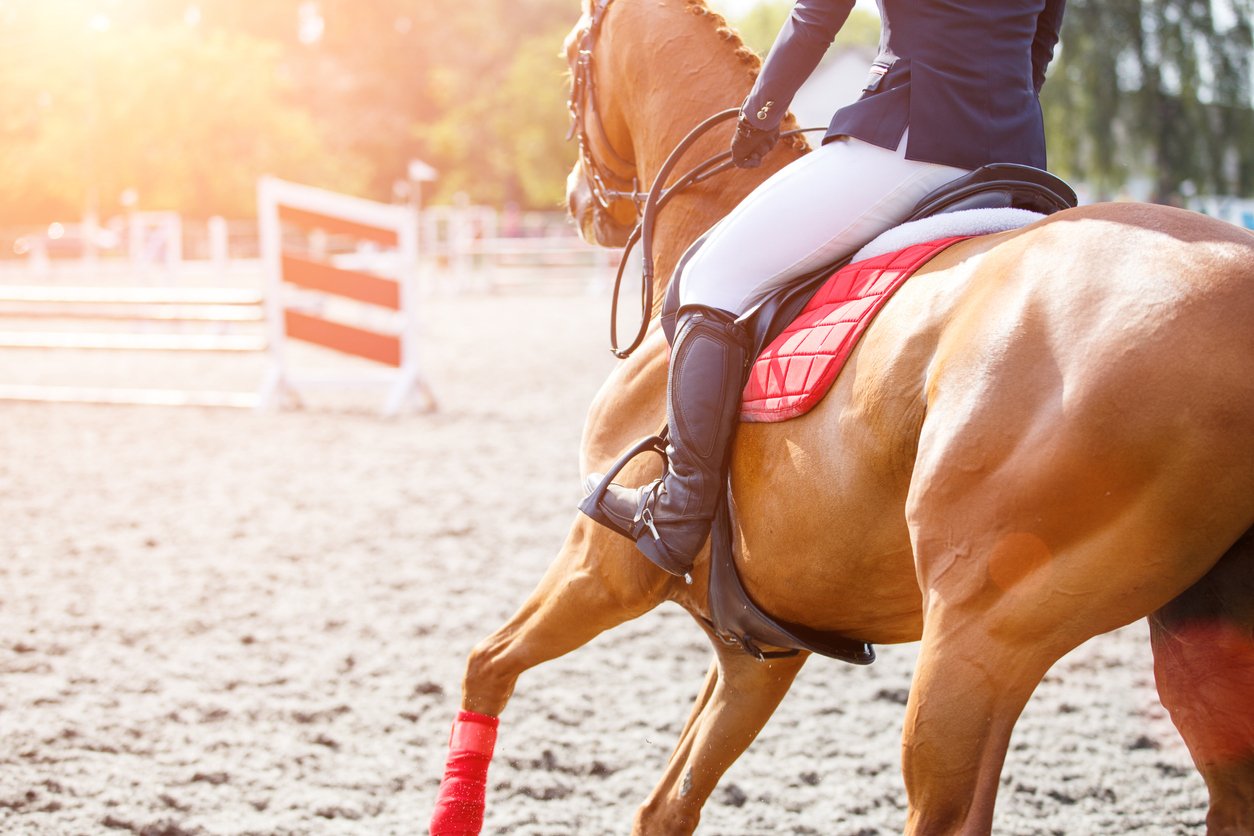
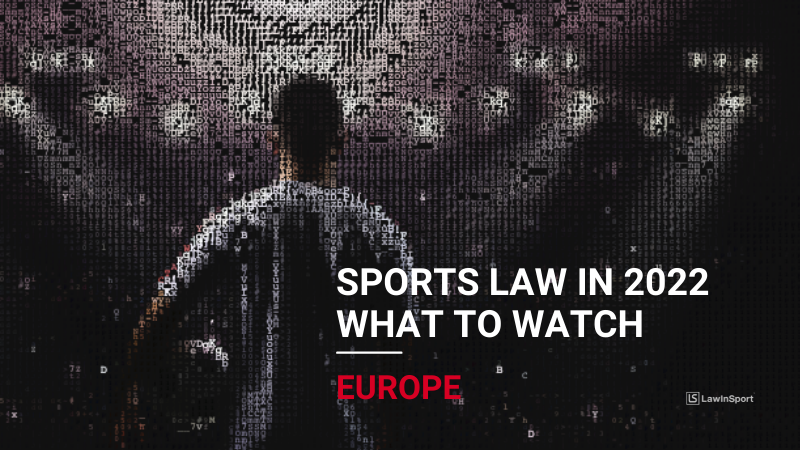
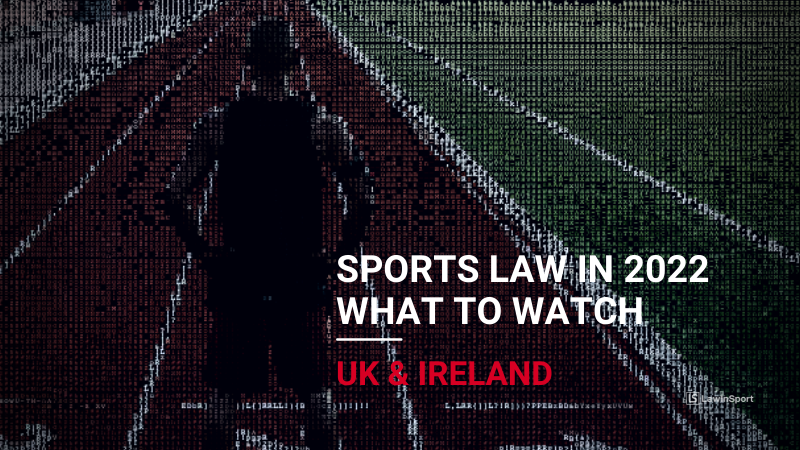
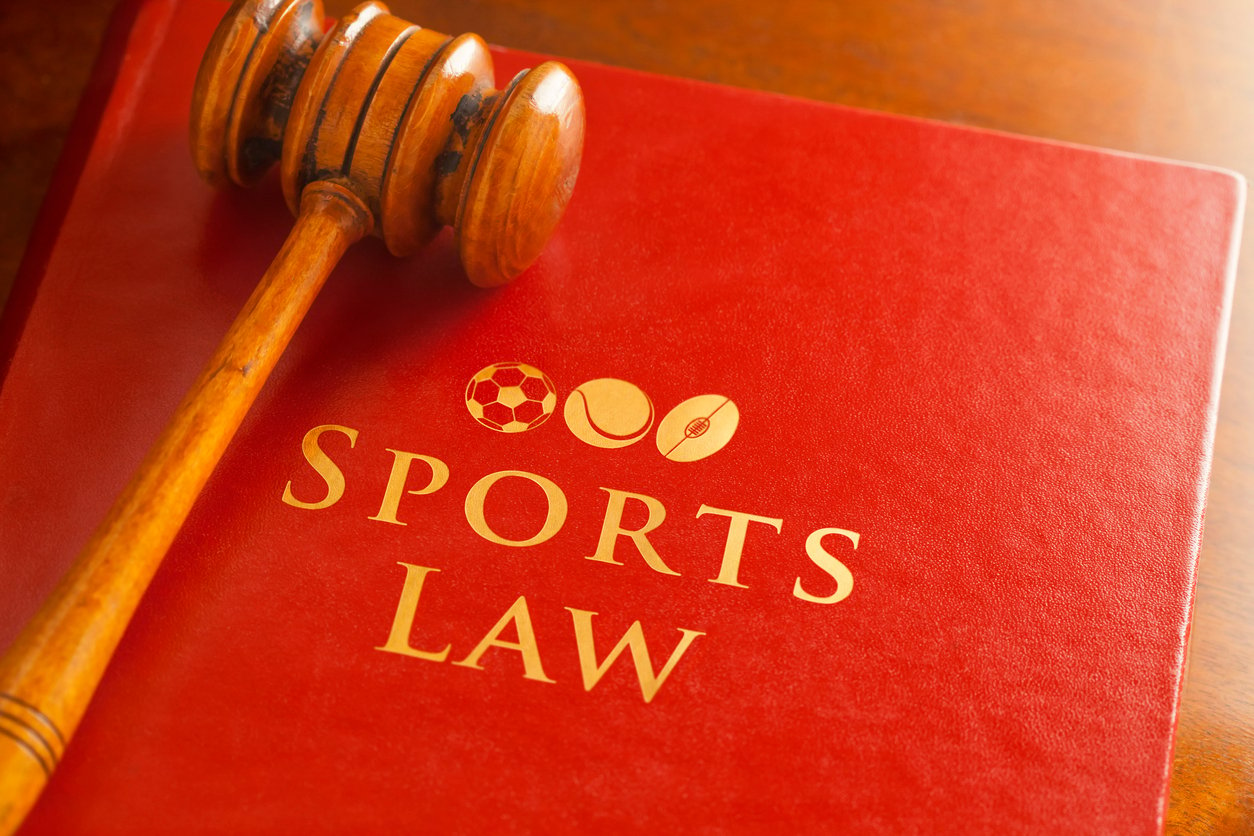

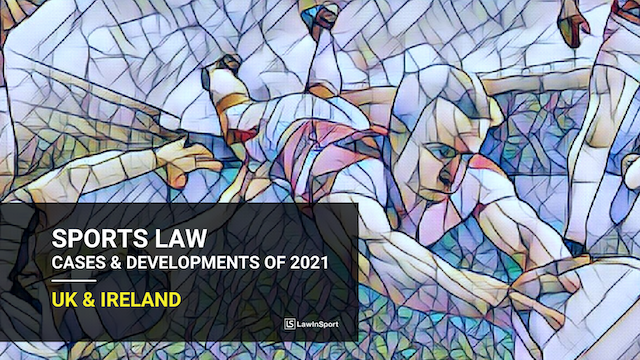
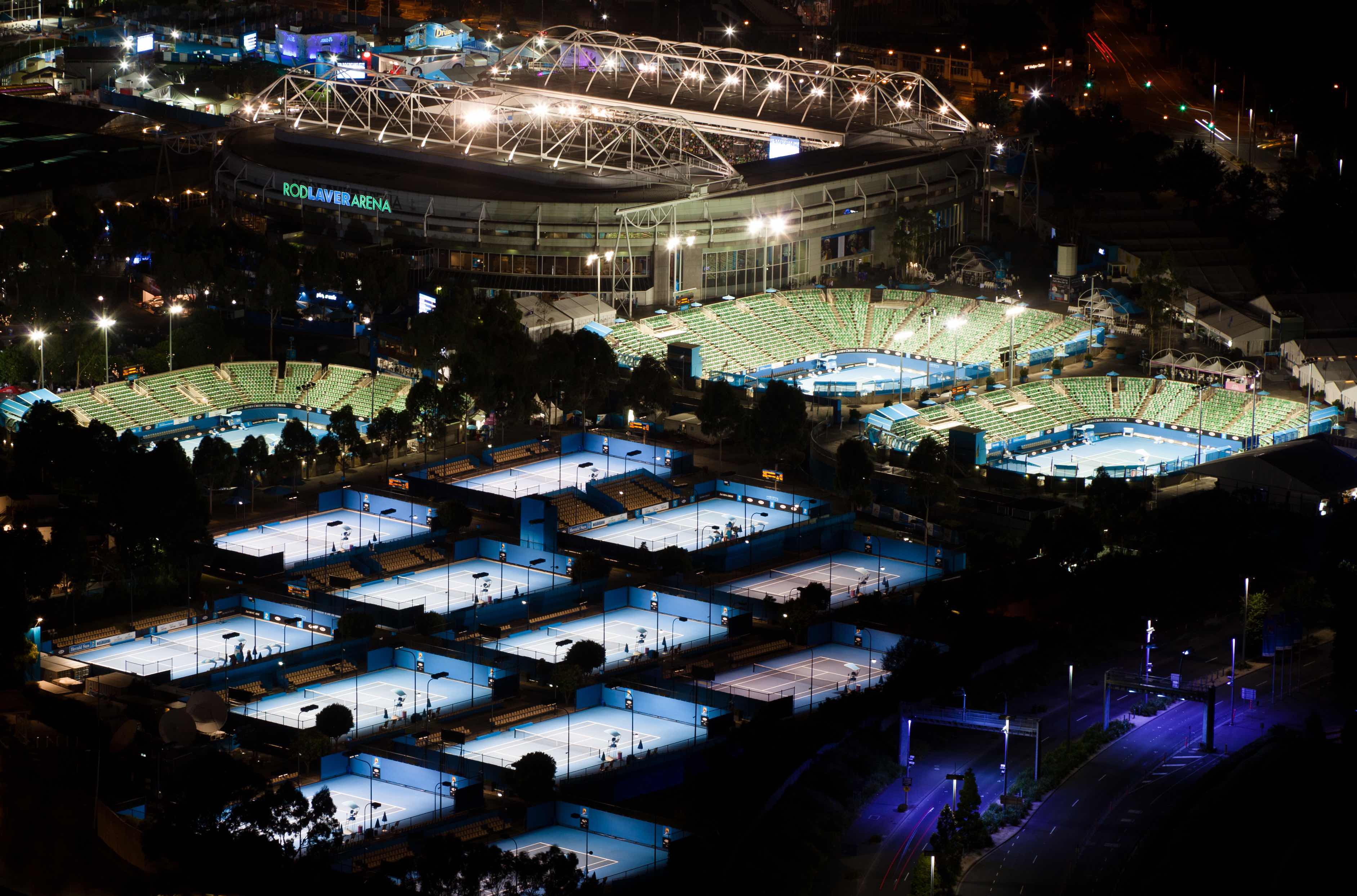

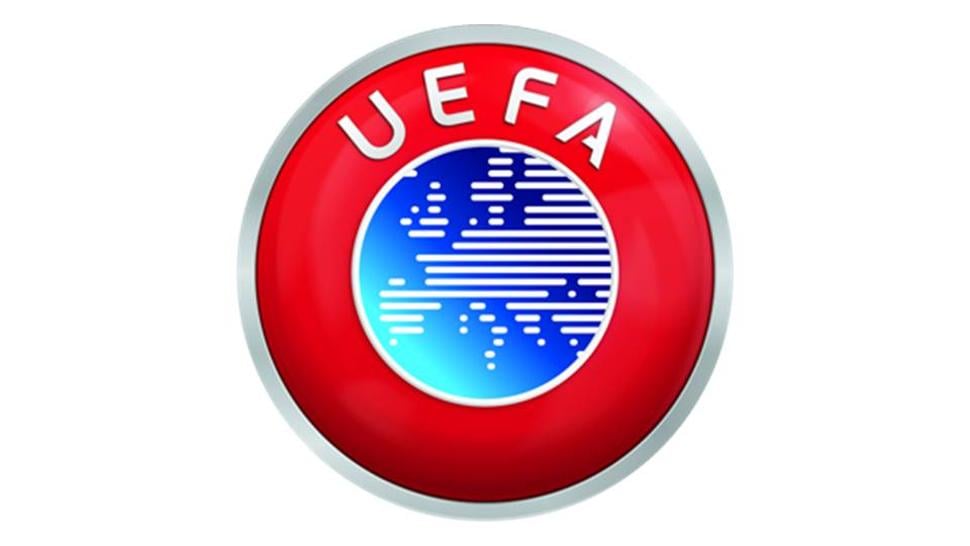

 Global Summit 2024
Global Summit 2024